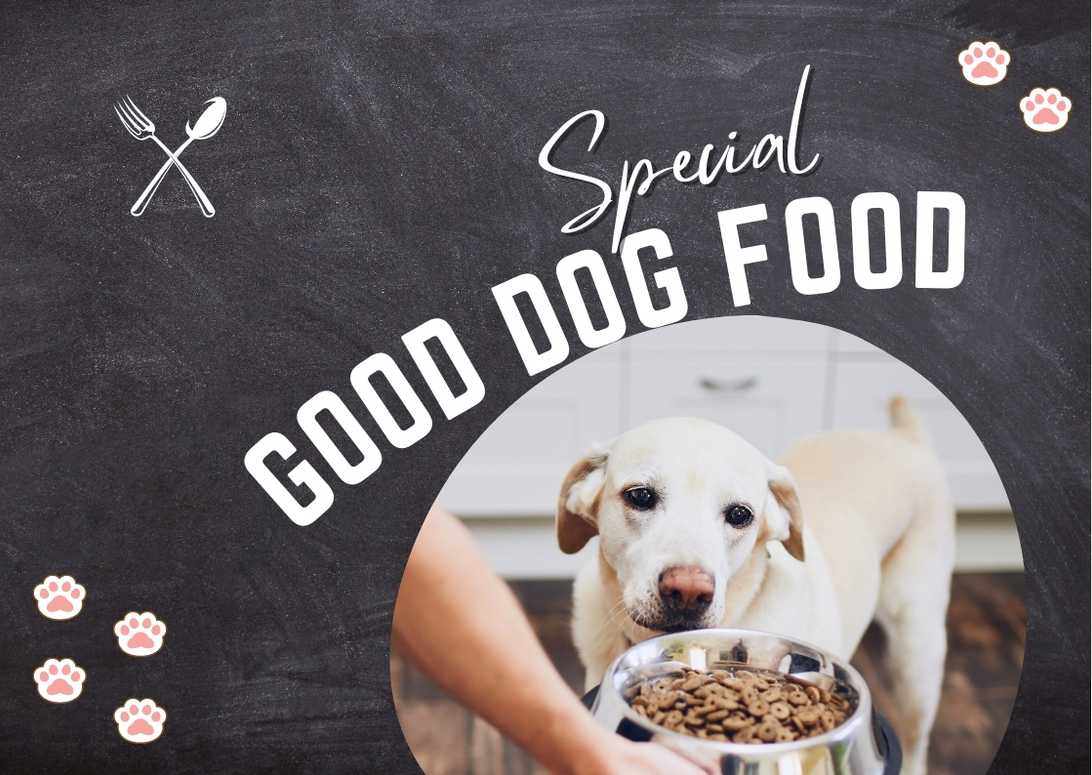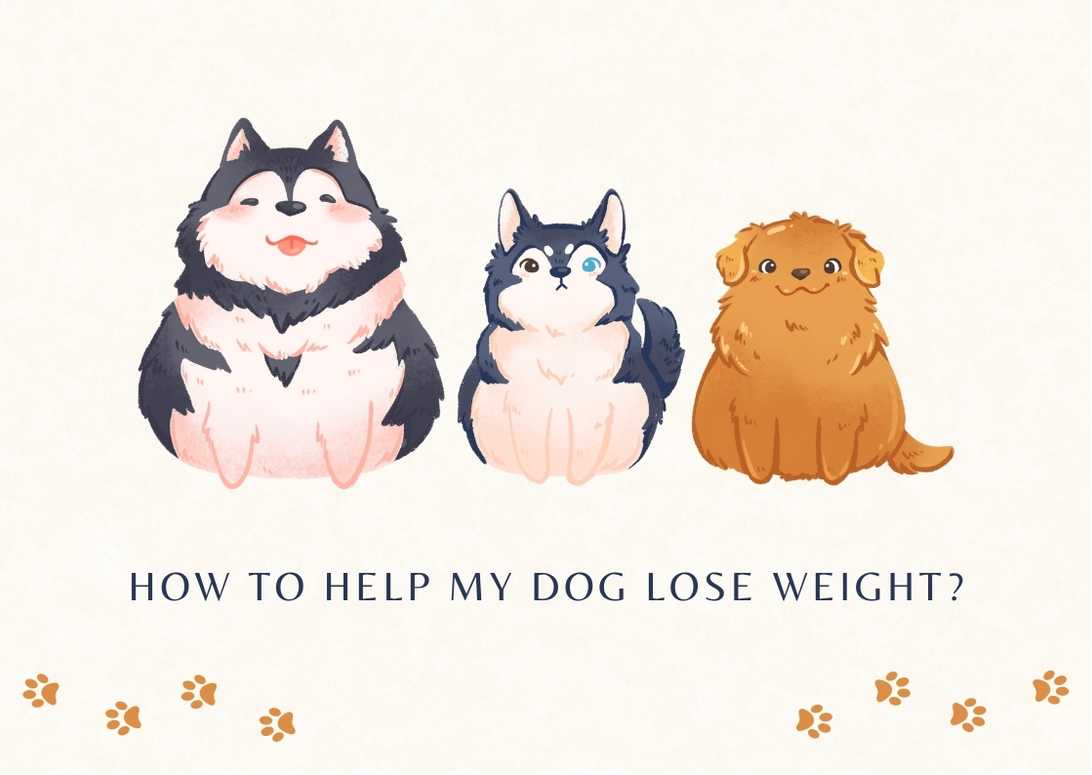How Much To Feed German Shepherd Puppy?
Feeding a German Shepherd puppy is like conducting a symphony of nutrition. Just as each instrument plays its unique role in creating harmonious melodies, providing the right amount of food for your furry friend is crucial for their growth and development.
In this article, I will guide you through the process of determining how much to feed your German Shepherd puppy based on their age, ensuring they receive the proper nourishment to thrive.
As your German Shepherd pup grows from 16 weeks old to 12 months and beyond, it’s essential to adjust their food portions accordingly. By breaking down the recommended cups of food per meal based on age, we can ensure they’re getting the right balance of nutrients at each stage.
Additionally, understanding the number of meals per day and recognizing the importance of keeping puppies with their mother for optimal health will further enhance their overall well-being.
So let’s dive into this guide together and provide our beloved pups with the precise feeding regimen they need!
How much to feed?
When it comes to feeding your German Shepherd puppy, it’s important to know how much food they need at different stages of their growth. The feeding schedule and portion control will play a crucial role in ensuring that your puppy receives the right amount of nourishment.
As puppies go through various growth stages, their dietary needs change, so it’s essential to adjust their meals accordingly. For puppies aged 16 weeks and below, they generally require about ½ to 1 full cup of food per meal. From 16 weeks to 9 months old, the recommended amount increases to 1 cup to 1 ¾ cup per meal. Once your puppy reaches 9 months to 12 months old, they will need around 2 cups to 2 ½ cups per meal. And for puppies who are already one year old or above, the suggested serving size is approximately between 2 ½ and 3 ½ cups per meal.
Feeding frequency is also an essential aspect when considering how much to feed your German Shepherd puppy. Puppies should ideally be fed four or more times a day since they have small stomachs and need frequent meals for optimal growth and development. However, as they gradually grow older, you can start reducing the number of meals while increasing the portion sizes during each feeding session.
It’s worth mentioning that these guidelines are just general recommendations, and every dog is unique with individual dietary requirements. Therefore, it’s always best to consult with your veterinarian for personalized advice on feeding guidelines tailored specifically for your German Shepherd puppy’s needs without compromising their health or well-being.
Feeding Guidelines
To ensure your growing GSD pup stays healthy and nourished, it’s important to follow these feeding guidelines for their specific age range.
First and foremost, establish a consistent feeding schedule for your puppy. Puppies thrive on routine, so try to feed them at the same times each day. This will help regulate their digestion and prevent any unwanted accidents in the house.
Additionally, make sure you are meeting your puppy’s nutritional requirements by choosing high-quality puppy food that is specifically formulated for large breed dogs like German Shepherds. Look for a brand that includes essential nutrients such as protein, vitamins, and minerals to support their growth and development.
In addition to following a proper feeding schedule and providing nutritious food, it’s crucial to monitor your GSD pup’s weight and practice portion control. Overfeeding can lead to obesity and other health issues later in life, while underfeeding can stunt their growth. It is recommended to measure out the appropriate amount of food according to the guidelines provided by the manufacturer based on your puppy’s age and weight. Keep an eye on their body condition score – you should be able to feel their ribs without seeing them protrude too much.
By following these feeding guidelines, you can ensure that your German Shepherd puppy receives the right amount of nutrition for optimal growth and development. Now let’s discuss age-specific portions to further tailor their diet as they continue to grow into adulthood.
Age-specific Portions
Establishing a consistent feeding schedule and choosing high-quality, age-specific portions is crucial for ensuring optimal growth and development in your growing GSD pup.
As your German Shepherd puppy grows, their nutritional needs change to support their rapid growth and development. By providing them with the right balance of nutrients, you can help them maintain a healthy weight and support their overall well-being. It’s important to feed your puppy according to their age-specific portions to ensure they are getting the right amount of food for their stage of development.
As your GSD pup transitions from 16 weeks old to 9 months old, they will require approximately 1 cup to 1 ¾ cups of food per meal. This increased portion size accommodates their growing body and energy needs. From 9 months to 12 months old, you should gradually increase the portion size to about 2 cups to 2 ½ cups per meal. Finally, once your puppy reaches 12 months old and above, they will need around 2 ½ to 3 ½ cups of food per meal. These age-specific portions take into account their increasing size and activity level.
In addition to choosing the right portion sizes, it’s also essential to establish a feeding schedule for your German Shepherd puppy. Puppies thrive on routine, so having set mealtimes will help them develop good eating habits. Feeding your pup four or more meals per day is recommended during their early stages of life. This frequent feeding schedule aids in digestion and prevents overeating or hunger-induced behavior issues.
Now that you understand the importance of age-specific portions for your German Shepherd puppy’s growth and development, let’s delve into the next section: determining the number of meals per day that best suits your furry friend’s needs.
Number of Meals per Day
For optimal growth and development, it’s important to consider the number of meals your GSD pup should have each day. A consistent feeding schedule is crucial for maintaining their energy levels and overall health.
As a puppy, they have smaller stomachs and higher metabolism, so feeding them multiple times throughout the day is recommended. Generally, it is advised to feed your German Shepherd puppy four or more meals per day. This helps prevent them from becoming too hungry or overeating at any given mealtime.
Meal frequency is also important when considering their appetite changes. Puppies may go through periods where they are less interested in food or experience growth spurts where they seem insatiable. By offering regular meals throughout the day, you can ensure that your pup is getting the necessary nutrients without overwhelming their digestive system.
Additionally, as your German Shepherd puppy grows older, you will need to start transitioning them from puppy food to adult food. This process should be done gradually over a span of about one to two weeks. Start by mixing small amounts of adult food with their current puppy food and gradually increase the proportion of adult food while decreasing the puppy food. It’s essential to monitor portion sizes during this transition period to avoid overfeeding or underfeeding.
Establishing a consistent feeding schedule with multiple meals per day ensures that your German Shepherd puppy receives adequate nutrition for optimal growth and development. By monitoring their appetite changes and carefully transitioning them to adult food while monitoring portion sizes, you can promote a healthy eating routine for your furry friend.
Moving on to an 8-week-old puppy…
8-Week-Old Puppy
When your adorable 8-week-old furball enters your home, their feeding needs will be different from older puppies. At this age, it’s important to establish a consistent feeding schedule to aid in potty training. Feeding the puppy at regular intervals throughout the day will help regulate their digestion and make it easier for them to develop a routine for eliminating waste.
Here are some tips to consider during this stage:
- Potty training: Take your puppy outside frequently, especially after meals, naps, and playtime. This will help them learn where they should do their business.
- Socialization tips: Introduce your puppy to various people, animals, and environments early on. It’s crucial for their development and helps prevent fear or aggression issues later in life.
- Exercise requirements: Provide daily exercise appropriate for their age. Short walks or play sessions in a safe area can help burn off excess energy and keep them fit.
- Crate training: Start crate training as soon as possible. A crate can provide a safe space for your puppy when you can’t supervise them closely.
In addition to these considerations, it’s important to provide teething puppies with appropriate chew toys to satisfy their natural urge to chew.
Now let’s move on to how much food you should feed your German Shepherd puppy once they reach the ‘months old’ stage.
Transitioning into the subsequent section about ‘months old’, it’s essential to adjust the amount of food you feed your German Shepherd puppy as they grow older.
9-12 Months Old
At 2 months old, your GSD pup’s feeding needs will change as they continue to grow and develop. It is important to establish a regular feeding schedule for your puppy at this age. Aim to feed them four or more meals per day to ensure they are getting enough nutrition and energy. As their growth rate is still rapid, it is crucial to monitor their weight management and adjust their portion sizes accordingly.
A veterinarian can provide guidance on the appropriate amount of food to give based on your puppy’s specific dietary requirements. Remember that portion control is key to preventing overfeeding and maintaining a healthy weight for your furry friend.
As your German Shepherd puppy reaches 2 months old, you will notice that they are becoming more active and playful. This increased activity level means that they will require more calories to fuel their growing bodies. Be sure to choose a high-quality dog food formulated specifically for puppies, as it will contain the necessary nutrients for their development.
It’s also important to transition from soft kibble or wet food to hard kibble around this time, as it helps promote dental health by encouraging chewing and reducing plaque buildup. By providing the right amount of food and ensuring proper nutrition, you can support your GSD pup’s healthy growth and set them up for a happy and active life.
12 Months and Above
As your GSD pup grows past 12 months old, their appetite may increase and they’ll require a larger portion size to meet their energy needs. It’s important to establish a feeding schedule and practice portion control to ensure that they’re getting the right amount of food.
A German Shepherd’s growth rate slows down after the first year, so it’s crucial to adjust their mealtime routine accordingly. At this stage, it’s recommended to feed your German Shepherd puppy 2 ½ to 3 ½ cups of food per meal. However, it’s essential to pay attention to your individual dog’s needs and consult with your veterinarian for specific recommendations.
Keep in mind that nutritional needs can vary depending on factors such as activity level, metabolism, and overall health. In addition to monitoring portion sizes, maintaining a consistent mealtime routine is also beneficial for your pup’s digestion and behavior. Establishing regular feeding times helps them develop a sense of structure and prevents overeating or grazing throughout the day.
By sticking to a consistent routine, you can ensure that your German Shepherd puppy receives the appropriate nutrition at the right times, promoting optimal growth and development.
Frequently Asked Questions
Can I feed my German Shepherd puppy wet food instead of dry kibble?
Yes, you can feed your German Shepherd puppy wet food instead of dry kibble. Wet food has benefits like higher moisture content and easier digestion. However, dry kibble has advantages like dental health and longer shelf life. It’s important to follow a feeding schedule and practice portion control. As your puppy grows, you’ll need to transition them to an adult diet.
How often should I change my German Shepherd puppy’s diet?
Changing my German Shepherd puppy’s diet should be done gradually to avoid digestive upset. I will adjust the feeding schedule, portion control, and nutrition requirements slowly over several days when introducing new foods to ensure a smooth transition.
Are there any specific food brands that are recommended for German Shepherd puppies?
There are several recommended food brands for German Shepherd puppies, such as Royal Canin, Hill’s Science Diet, and Blue Buffalo. These brands provide balanced nutrition for growing puppies and contribute to their overall health and development.
Should I incorporate any supplements or vitamins into my German Shepherd puppy’s diet?
As a responsible owner, I believe incorporating supplements into my German Shepherd puppy’s diet is crucial. While not a necessity, they can provide necessary nutrients and support their growth and development. However, it’s important to consult with a vet to avoid potential health risks and explore alternative diet options for long-term effects.
How do I know if my German Shepherd puppy is eating too much or too little?
To determine if my German Shepherd puppy is eating too much or too little, I should look for signs of a healthy appetite and monitor their weight gain. If unsure, consulting a veterinarian can help me adjust portion sizes and introduce food slowly.
Conclusion
In conclusion, it’s essential to feed your German Shepherd puppy the right amount of food at each stage of their growth. By following the age-specific portions and feeding guidelines we’ve provided, you can ensure that your puppy receives the proper nutrition they need to thrive.
One common objection people may have is that feeding their puppy more food will make them grow faster and bigger. However, overfeeding can actually be detrimental to a puppy’s health. German Shepherds are prone to hip dysplasia and other joint issues, and rapid growth due to excessive feeding can increase the risk of these problems developing. It’s important to remember that slow and steady growth is key for their long-term health.
By feeding your German Shepherd puppy according to our recommendations, you’re giving them the best chance at healthy development. Remember to divide their meals into multiple small portions throughout the day, as this helps with digestion and prevents bloating or other digestive issues.
Additionally, keeping puppies with their mother until they’re at least 8 weeks old allows them to receive vital nutrients from her milk and learn important socialization skills from their littermates.
Overall, by providing your German Shepherd puppy with the right amount of food based on their age and following our feeding guidelines, you’re setting them up for a healthy future full of energy and vitality.







